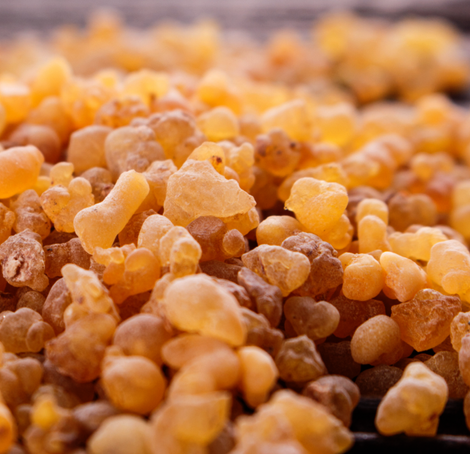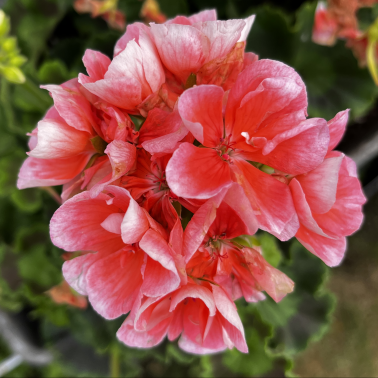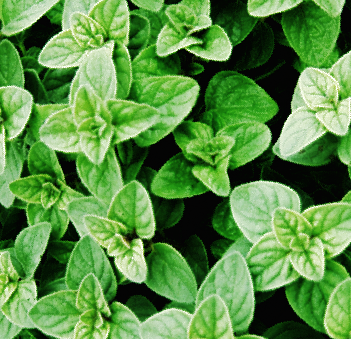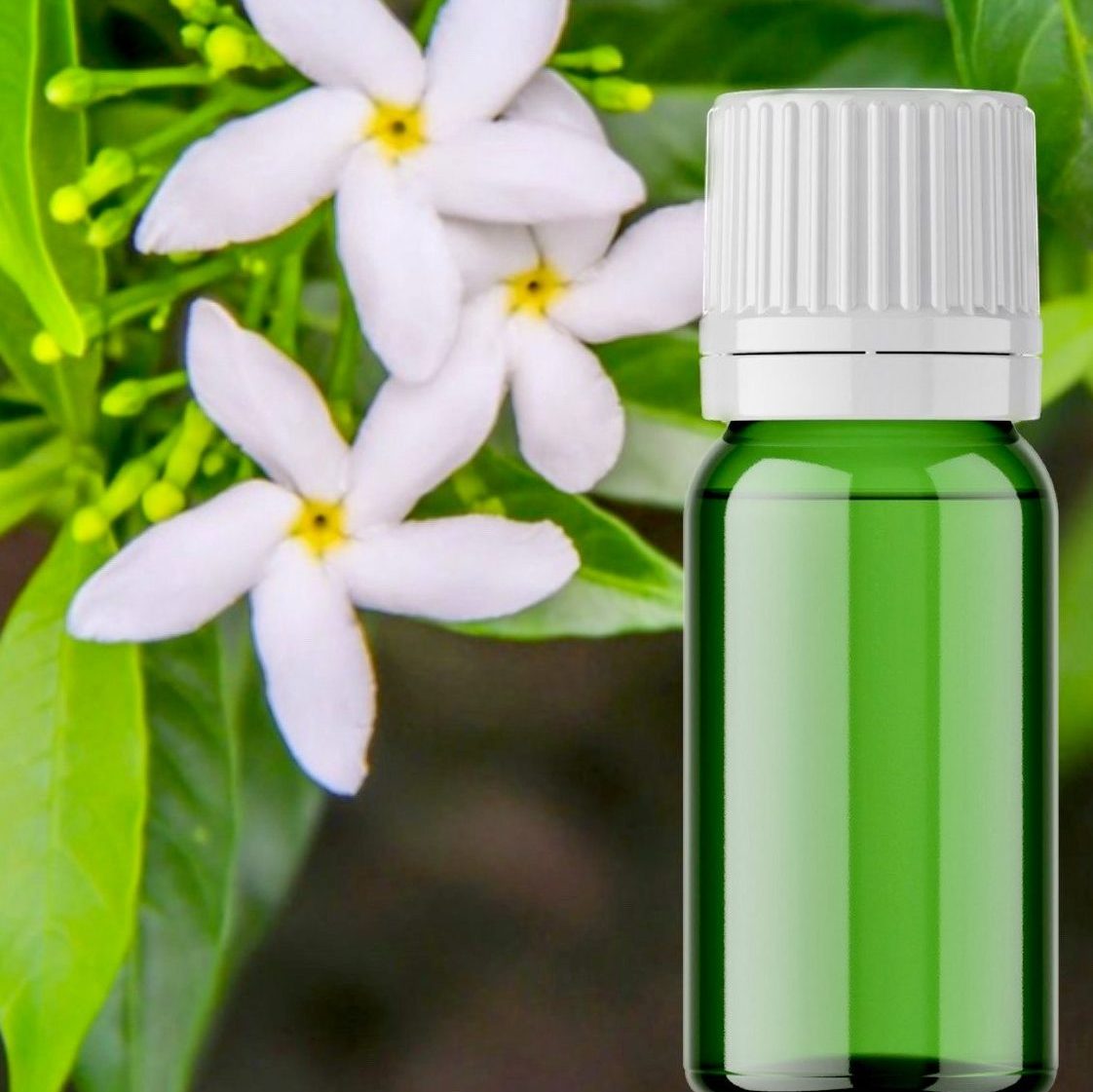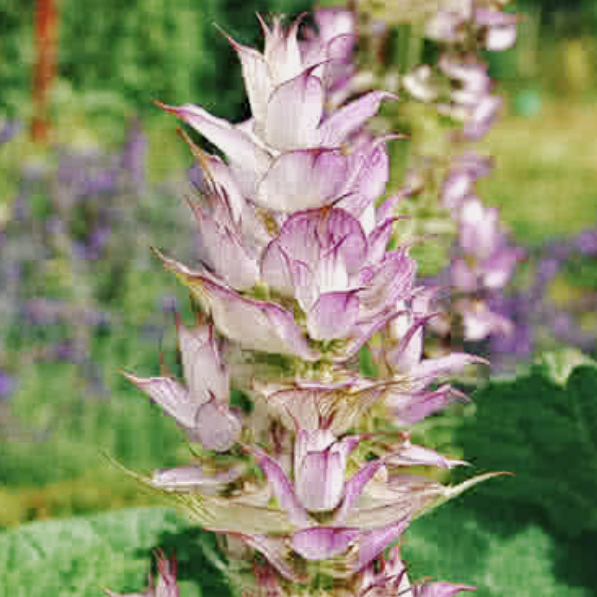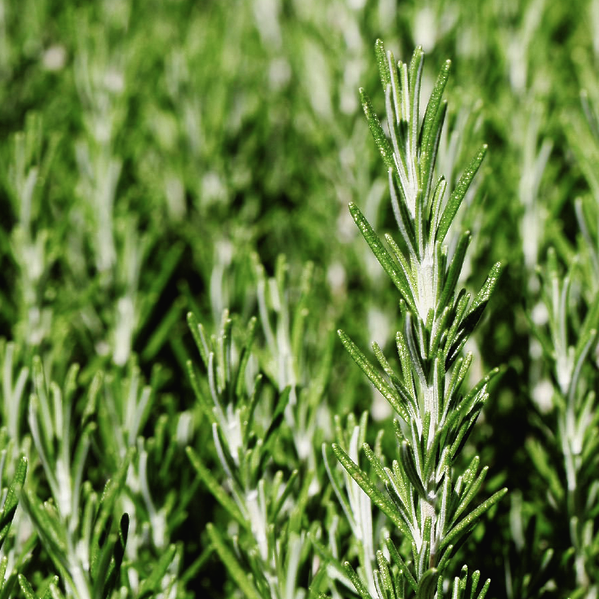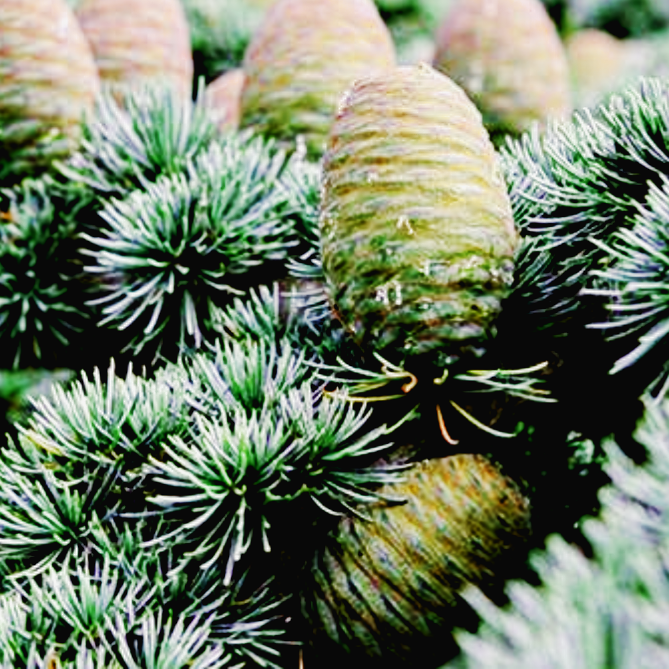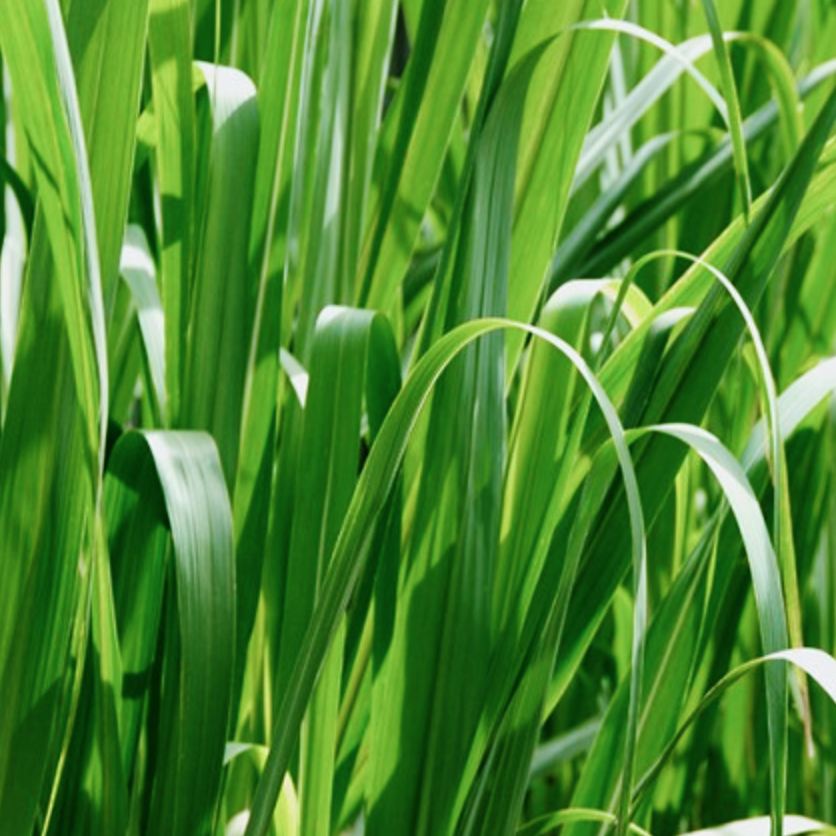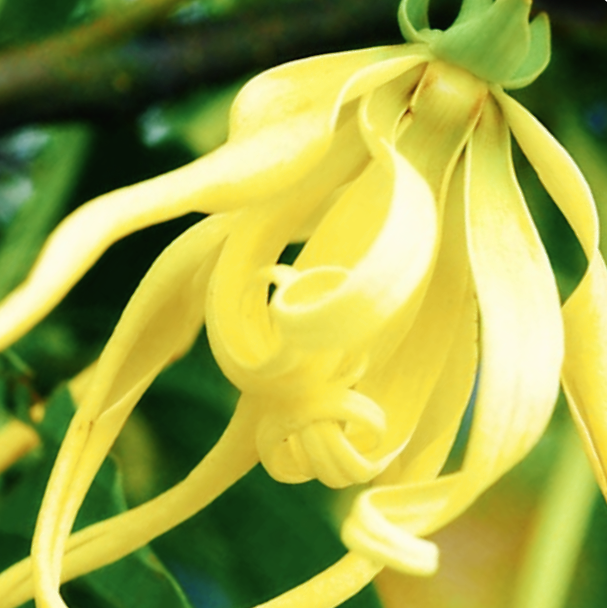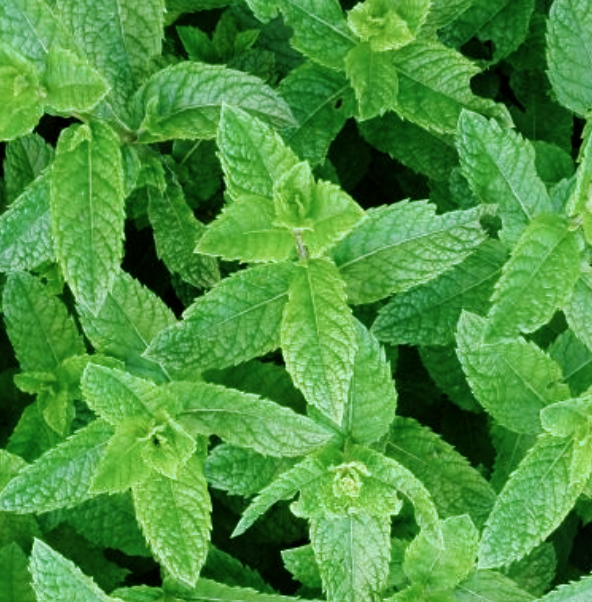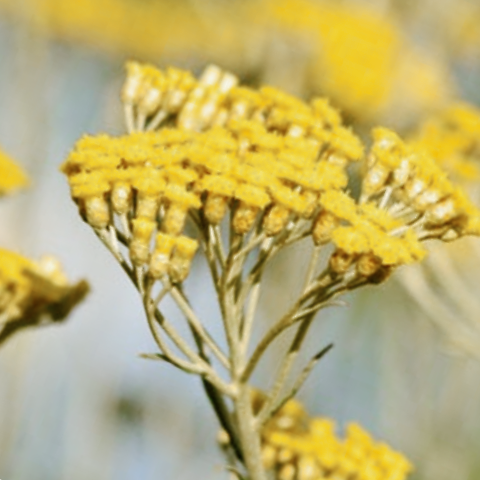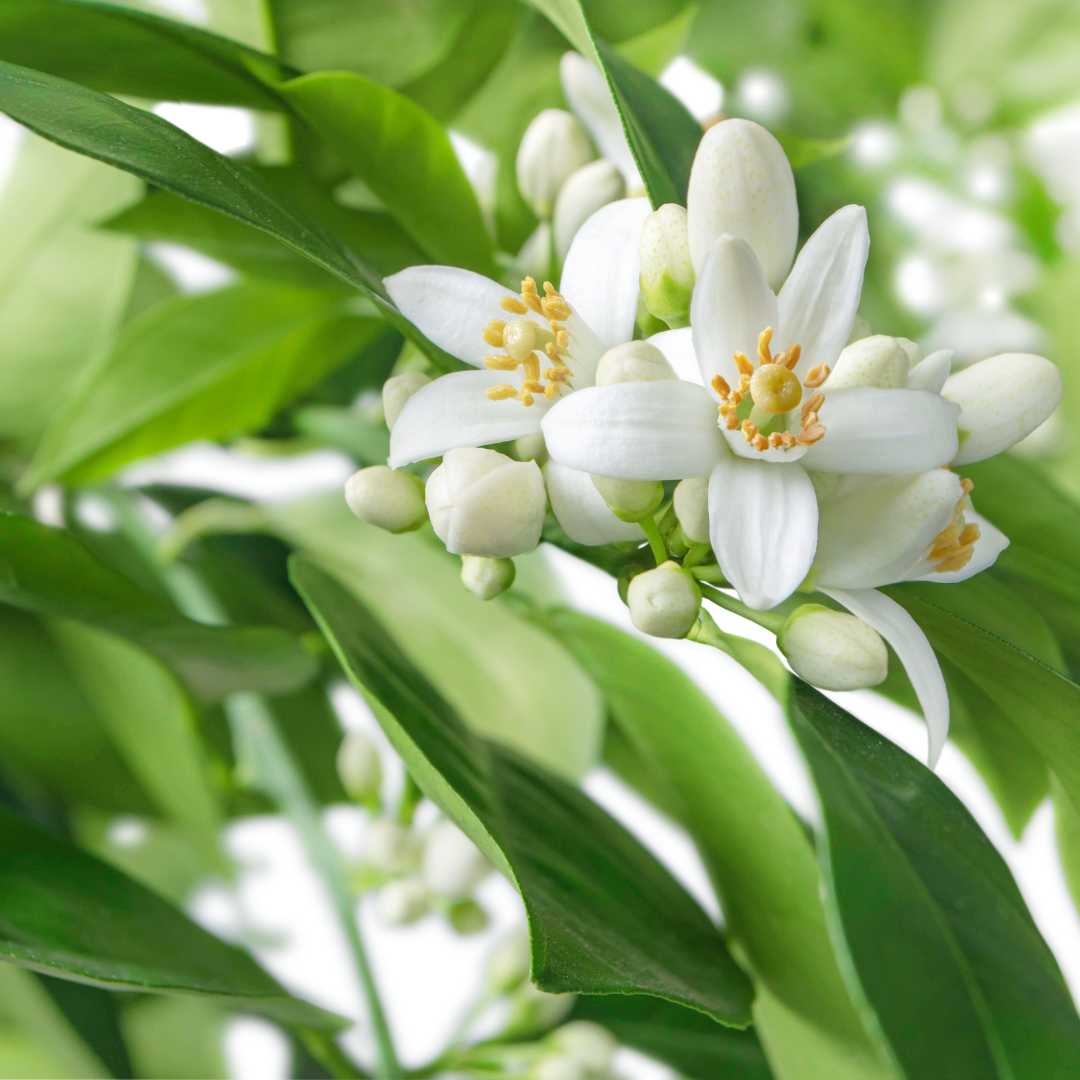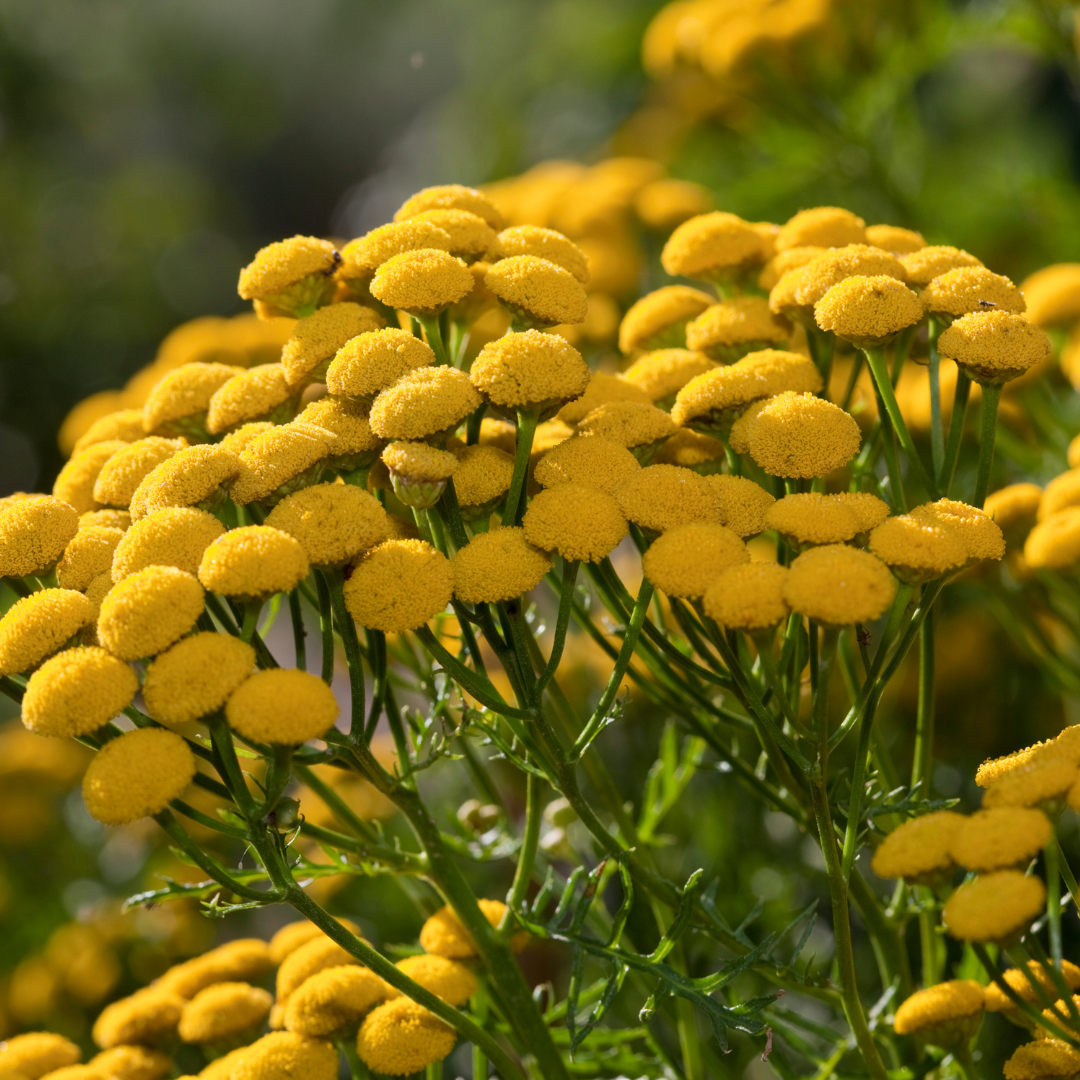Elevate Your Wellness: Ordering Personalized Health and Beauty Products
In today’s fast-paced world, self-care has become an essential aspect of maintaining our physical and mental well-being. The notion of personalized health and beauty products has evolved to empower individuals on their unique journeys toward a healthier, more radiant self. These tailored solutions at OP Organics not only cater to specific needs but also celebrate the beauty of individuality.
Imagine a world where your skincare routine is meticulously crafted to address your unique skin type, concerns, and goals. Visualize beauty products that not only enhance your features but also align with your values, using ingredients that resonate with your skin and ethics. This is the world of personalized health and beauty products, where each item is designed exclusively for you.
The process begins with a deep understanding of your needs. Personalized health and beauty products take your preferences, concerns, and skin type into account, offering a bespoke approach to wellness.
The benefits of personalized health and beauty products are multi-fold. First and foremost, they are effective because they are designed to target your unique needs. You won’t waste time and money on products that aren’t suitable for your skin or health concerns. Secondly, these products often use high-quality ingredients, tailored to your preferences, ensuring you’re putting the best on your skin or body.
Personalized beauty products are also environmentally conscious. By creating products specifically for your needs, there is less waste, both in terms of packaging and unsold items. You’re reducing your carbon footprint while enhancing your self-care routine.
Moreover, personalization extends to the overall experience. From the scent of your skincare to the packaging, every detail is designed to align with your preferences. It’s not just about functionality, it’s about creating a daily ritual that brings joy and a sense of self-appreciation.
In the realm of health and beauty, one size does not fit all. Your skin, hair, and overall wellness are as unique as your fingerprint. Embracing personalized health and beauty products is a celebration of your individuality, a step toward a more effective and sustainable self-care routine, and an investment in your overall well-being.
So, why settle for generic solutions when you can experience the tailored luxury of personalized health and beauty products? Elevate your wellness journey, and embrace the transformative power of products created exclusively for you. In this world of personalization, your beauty and health are truly in your hands.
